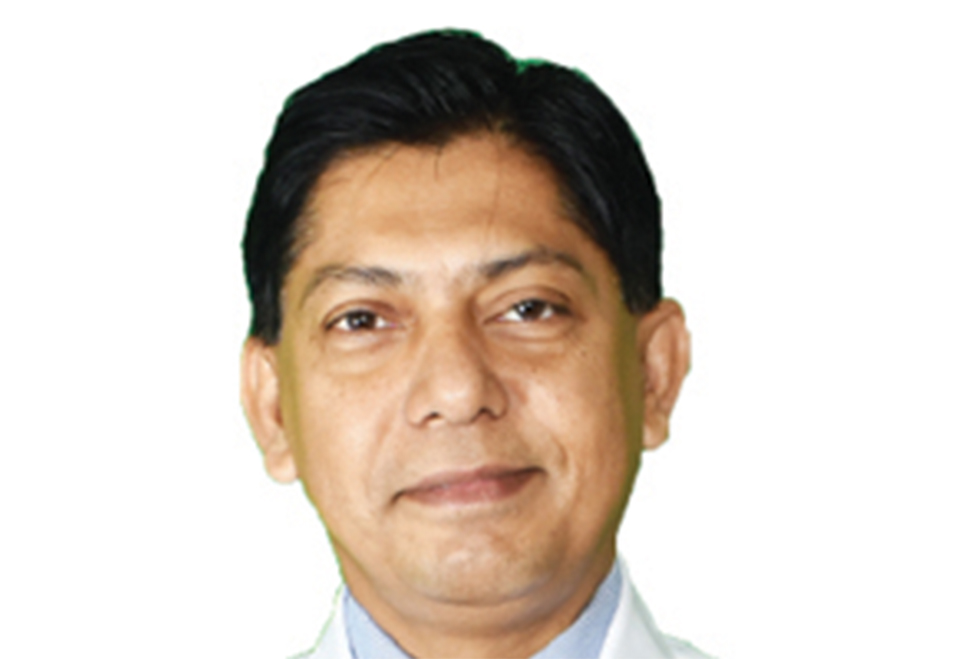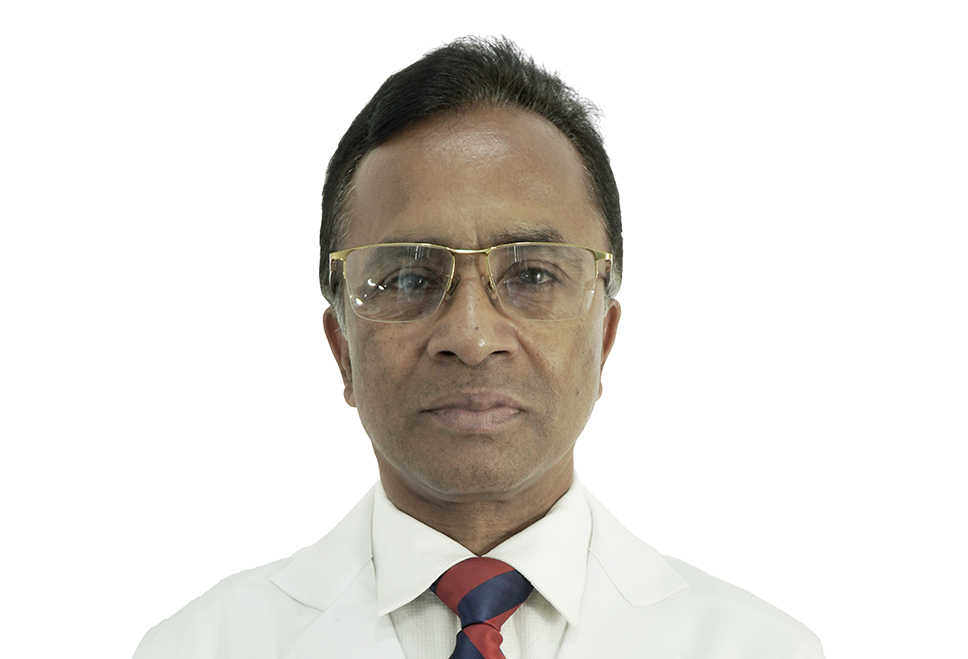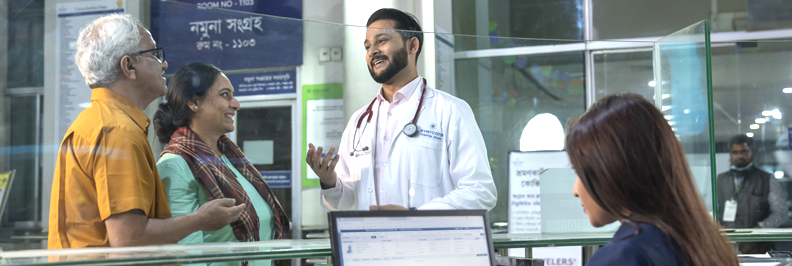Kidney Transplant Program
WHAT IS KIDNEY TRANSPLANT?
Kidney transplant is a surgical procedure which places a healthy kidney from a donor into a person whose kidneys no longer functioning properly. The kidneys remove excess fluid and waste from blood. When kidneys lose their filtering ability, dangerous levels of fluid and waste accumulate in the body — a condition known as kidney failure. A kidney transplant is often the best treatment for kidney failure. Only one donated kidney is needed to replace two failed kidneys.
Patients with renal failure can also avail other treatment options aside from transplantation, including Dialysis and fistulas & grafts.
KIDNEY TRANSPLANT AT EVERCARE HOSPITAL DHAKA
Evercare Hospital Dhaka offers comprehensive kidney transplantation services with collaboration of Department of Urology and Department of Nephrology. The program draws on state-of-the-art technology and leading-edge medical and surgical interventions to provide patients with individualized, on-going care.
Patients in the program have a highly experienced multidisciplinary personal care team including kidney specialists (nephrologists), kidney transplant surgeons (urologists), infectious disease specialists, psychiatrists, nurse coordinators, immunologists, pharmacists, etc. Our kidney transplant program offers the safest services with the best success rates and almost zero percent infection rates, which has made it a national referral program.
CONSULTATION & APPOINTMENTS
Potential kidney transplant patients are carefully evaluated to see if they are good candidates for transplantation. The patient’s donor also needs to be evaluated to ensure that he/she is a match for the donation. Pre- and post-surgery examinations are important for the health, safety and recovery of the patient. Our highly experienced Nephrology or Urology Consultants carefully evaluates the patient in level-8 (OPD) and recommends the most effective treatment plan.
ARRANGING A DONOR
According to Bangladesh law, kidney donation is only permitted when the donor is a first blood relative (mother, father, brother, sister, uncle, aunty) or husband/wife (on emotional ground). The patient will personally arrange his/her legal donor, and this is strictly maintained at Evercare Hospital Dhaka.
List of Doctors
We can help you choose top specialists from our pool of expert doctors, physicians and surgeons.
Conditions Treated
PREPARING FOR SURGERY
As soon as all evaluations of the donor and recipient are complete and successful, we proceed with formalities for the surgery. It is important for you to stay healthy before surgery, for which you should:
- Take your medications as prescribed
- Follow your diet and exercise guidelines
- Keep all appointments with your health care team
DURING THE SURGERY
Kidney transplant surgery usually lasts about three to five hours. The surgery is performed with general anesthesia, so you are unconscious during the procedure. The surgical team monitors your heart rate, blood pressure and blood oxygen throughout the procedure. After you’re unconscious:
- The surgeon makes an incision and places the new kidney in your lower abdomen. Unless your own kidneys are causing complications such as high blood pressure or infection, they are left in place.
- The blood vessels of the new kidney are attached to blood vessels in the lower part of your abdomen, just above one of your legs.
- The new kidney’s ureter — the tube that links the kidney to the bladder — is connected to your bladder.
RECOVERY AFTER SURGERY
After your kidney transplant, you can expect to:
- Spend about 10 days in the hospital: Doctors and nurses monitor your condition in Evercare Kidney Transplant Unit to watch for signs of complications. Your new kidney will make urine like your own kidneys did when they were healthy. Often this starts immediately. In other cases, it takes up to a few weeks. Expect soreness or pain around the incision site while you’re healing.
- Have frequent checkups as you continue recovering: After you leave the hospital, close monitoring is necessary for three to four weeks. During this time, if you live in another town, you may need to make arrangements to stay close to the hospital.
- Take medications the rest of your life: You will take a number of medications after your kidney transplant. Drugs called “immunosuppressants” help keep your immune system from attacking your new kidney. Additional drugs help reduce the risk of other complications, such as infection, after your transplant.
IMPORTANT POINTS ABOUT TESTS/PROCEDURES/SURGERIES, YOUR REPORTS & BILLING ENQUIRIES
- Tests/Investigations:
- To schedule a test/investigation, please call the relevant OPD front desks.
- Your lab investigation samples are to be deposited in the Sample Collection Room located in the hospital’s atrium, which is open on working days (Saturday-Thursday) from 7.00 am to 10:00 pm, and on Fridays and holidays from 7.00 am to 3.00 pm.
- Your investigation reports can be collected from Report Delivery Room by showing the receipt of payment. The hospital shall not be responsible for reports not collected within 30 days after the tests were done. Report Delivery Room is also located in the hospital’s atrium, and is open on working days (Saturday-Thursday) from 8.00 am to 8.30 pm, and on Fridays and holidays from 9.00 am to 5.00 pm.
- You will not be able to collect your investigation reports without your receipt of payment. If you have lost your receipt, you may collect a duplicate copy from our Billing Executives (Corporate Desk, Atrium – level 1).
- You can request duplicate copy of your investigation reports from the Report Delivery Room, inclusive of BDT 100 additional charge.
- Procedures & Surgeries:
- If you are interested in undergoing a procedure or surgery, please see our relevant Consultant first.
- To search for a Consultant, go to Find a Consultant page and for appointments, go to Make an Appointment
- In-patient Reports
- A Discharge Summary is provided to a patient upon his/her discharge from the hospital. A discharge summary is a summary of the events during hospitalization of the patient. It outlines the patient’s chief complaint, the diagnostic findings, the therapy administered and the patient’s response to it, and recommendations on discharge.
- To request for detailed in-patient medical reports or to make an insurance claim, refer to our Medical Report
- For queries on charges, contact our Billing Department (Corporate Desk, Atrium – level 1) or call/e-mail our Billing Executives:
| Mr. Taslimur Rahman: AGM – Financial Operation Phone : +88-02-8431661-5; Ext-1353 (From 9 am to 5 pm –Except Holidays) E-mail: taslimur.rahman@evercarebd.com |



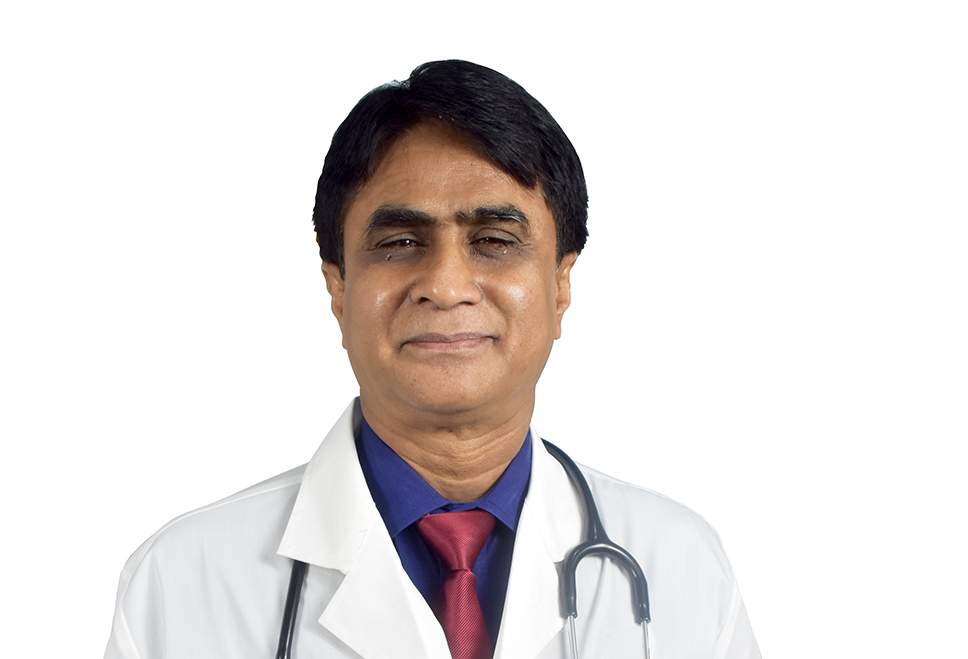
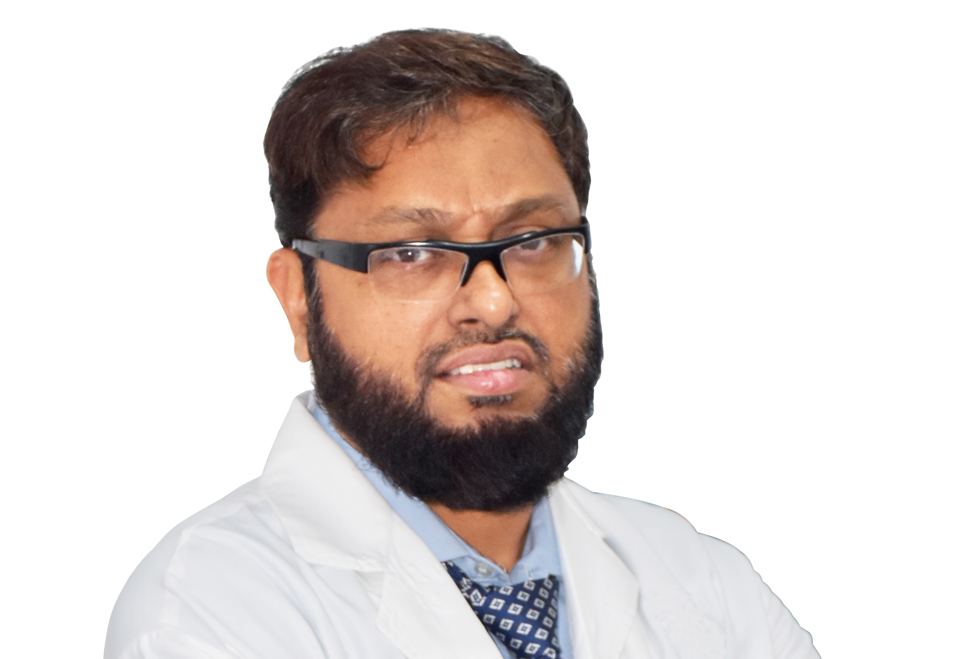
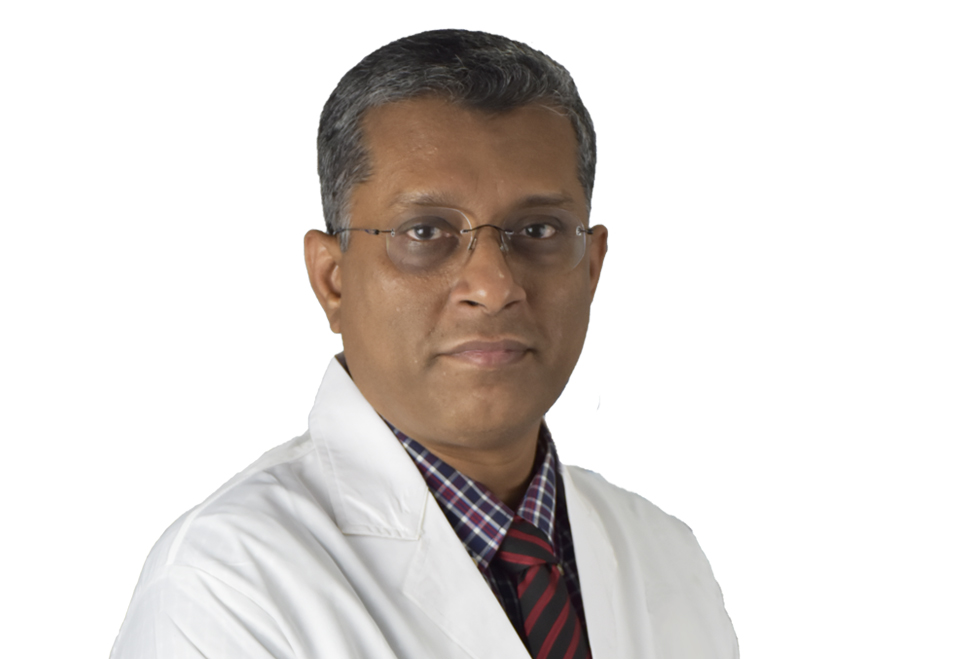
-M-A-Rakib.jpg)
